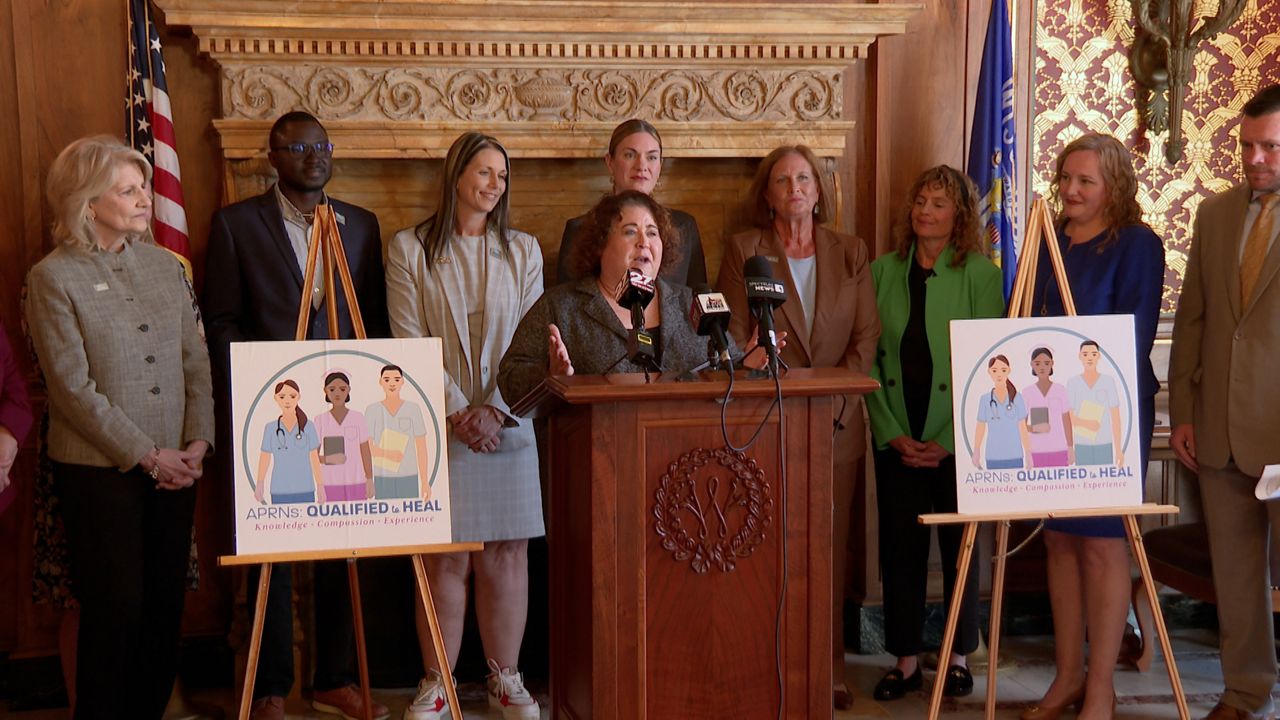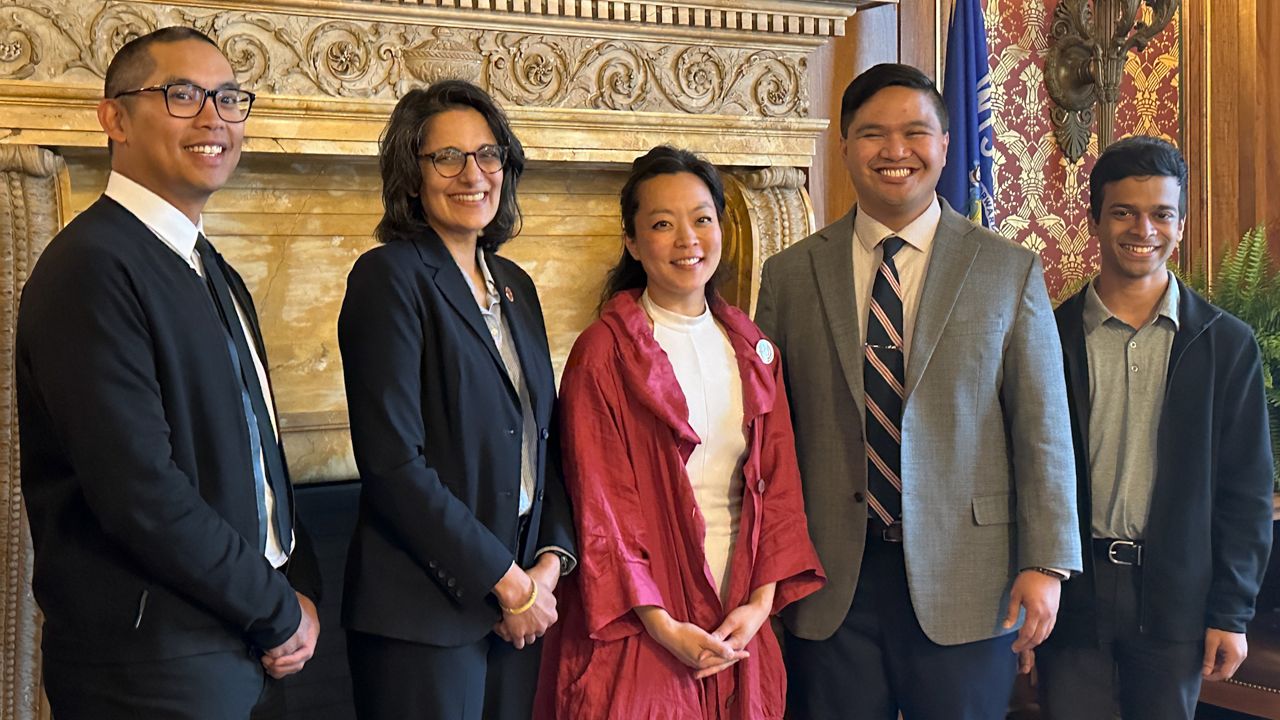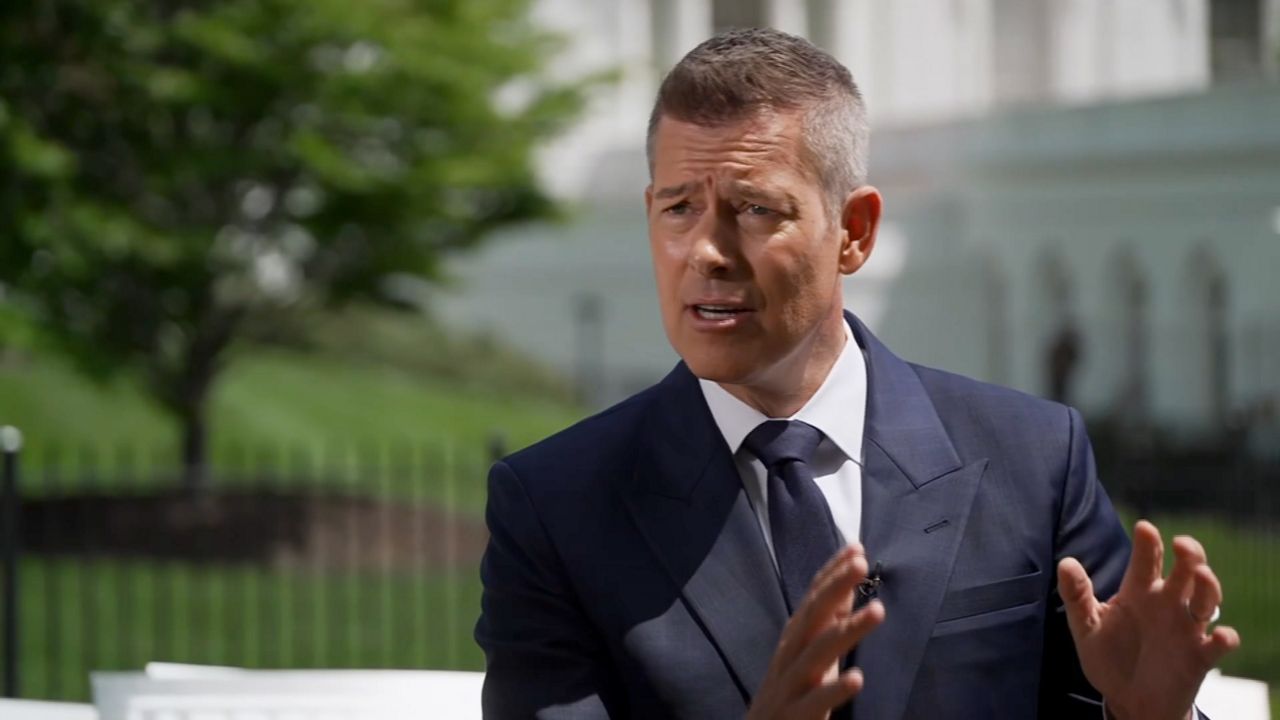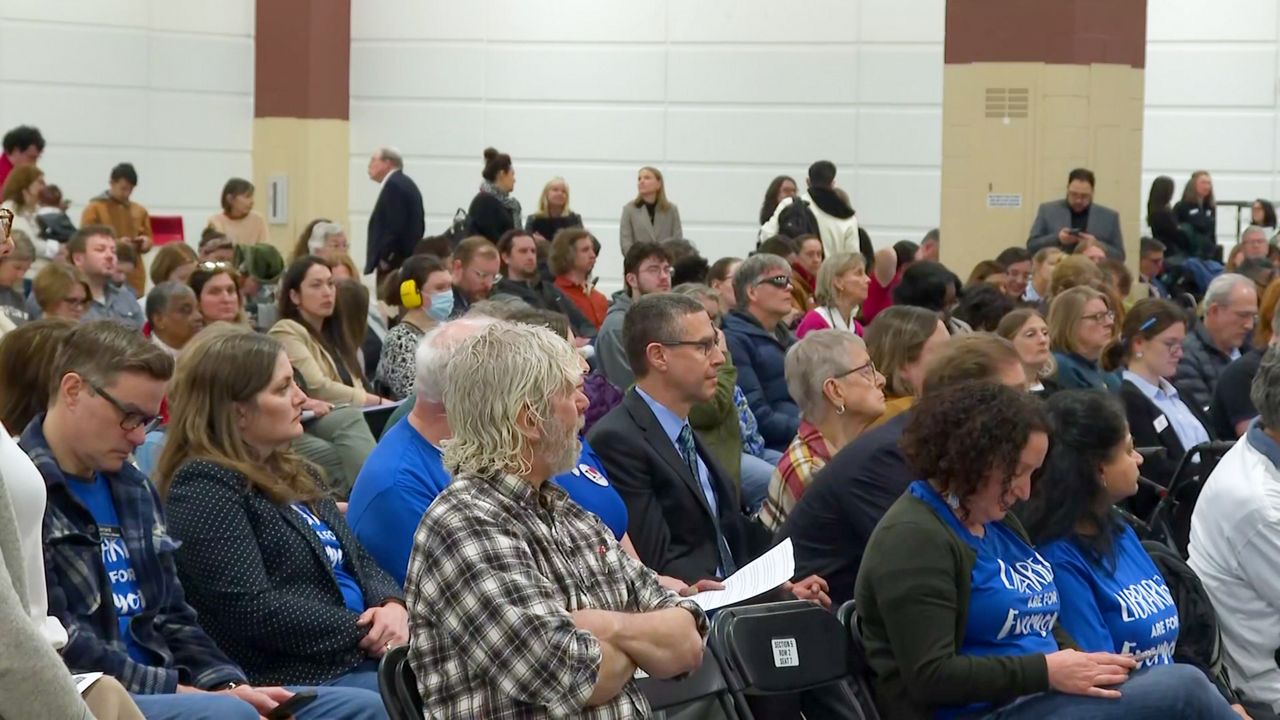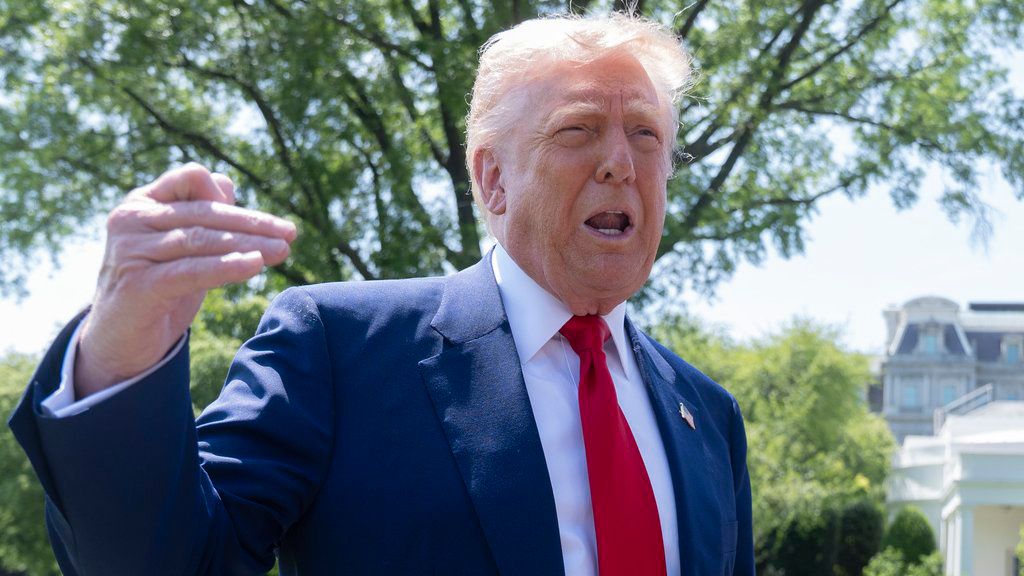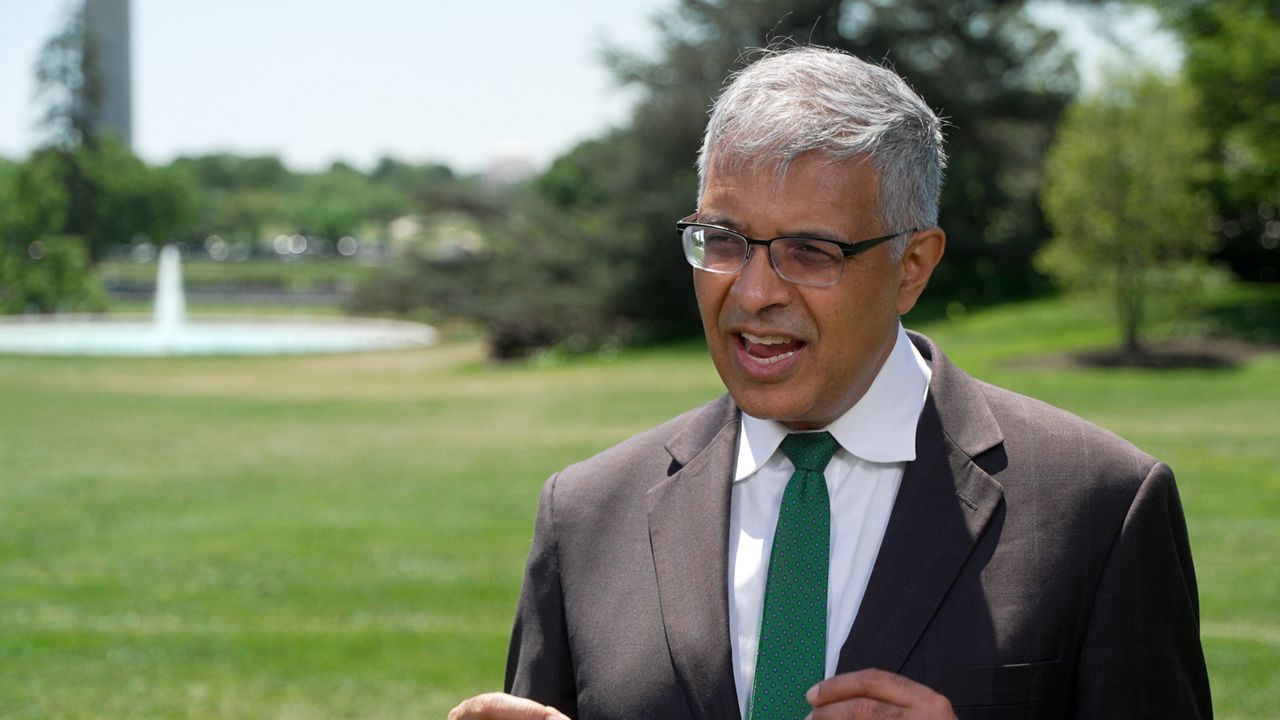GREEN BAY, Wis. — For nearly a decade, the Oneida Tribe of Wisconsin has provided housing to Native American veterans facing homelessness through funding from the U.S. Department of Housing and Urban Development (HUD).
Across the nation, more than 1,100 veterans have been helped by the Tribal HUD-Veterans Affairs Supportive Housing (VASH) program, which is now being expanded.
During a Thursday visit to the Oneida Nation, HUD Secretary Scott Turner announced an additional $2.2 million in rental assistance and supportive services for Native American veterans.
The Tribal HUD-VASH program was started in 2015 and combines HUD’s Housing Choice Voucher (HCV) rental assistance with case management and clinical services provided by the U.S. Department of Veterans Affairs (VA).
Currently, the assistance is helping house more than 500 veterans in 29 tribal communities across the country. The expansion announced Thursday was made possible by unused funds from 2017 that are now available for grants to support the expansion of rental assistance for Native American veterans who qualify.
“I’m very impressed and really encouraged to see how this tribe, this Oneida Nation, is utilizing not just HUD funding, but also tribal funding, to take care, support and uplift their community,” Turner said.
His latest visit to Wisconsin was also a chance to get a first-hand look at expanding affordable housing through what is known as the Opportunity Zone initiative.
“The federal government is not the answer. It’s not the solution. The federal government is a great convenor,” Turner added. “It’s a great facilitator to bring all stakeholders to the table, but public-private partnerships are key tools, if you will, to make things happen.”
There are 120 Opportunity Zones across Wisconsin. All of them are in low-income communities.
Among them is The Rail Yard in Green Bay, where a vacant factory on 22 acres became a mixed-use hub.
Freshman Republican Rep. Tony Wied’s district includes Green Bay, where 8% of the city’s population lives in an Opportunity Zone.
“My job is to build relationships, in Washington, D.C. and here locally, working with the administration, working with the mayor,” Wied said.
“We need that public-private partnership, and it really is people that solve the issues, and I believe in individuals, people, developers, local communities, that will help our housing issues,” he explained.
Turner’s visit to the state will continue Friday when he tours some of the Opportunity Zones in Green Bay alongside Rep. Wied and Mayor Eric Genrich.




